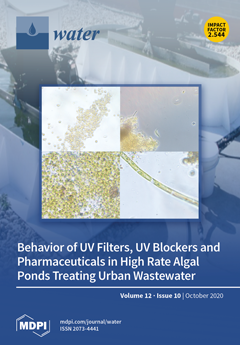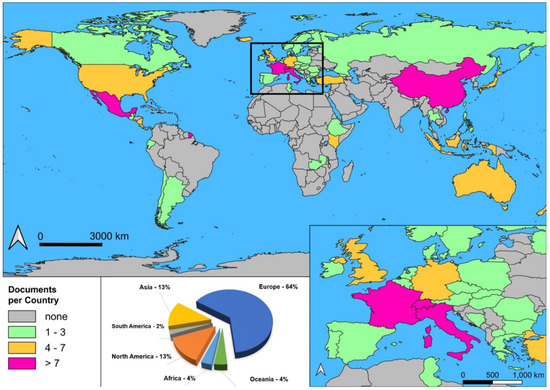Tag: Knowledge to Promote Sustainable
Sulla Rivista Water è stato pubblicato un nuovo articolo a cura del Gruppo di Idrogeologia disponibile in versione full text open access seguendo il link:
Giorgio De Giorgio, Michele Chieco, Pier Paolo Limoni, Livia Emanuela Zuffianò, Vittoria Dragone, Annarita Romanazzi, Rossella Pagliarulo, Giuseppe Musicco and Maurizio Polemio

Abstract
The use of geothermal energy resources to support anthropogenic activities have a long-lasting tradition, renewed in recent decades with the increasing use of low enthalpy geothermal energy (LEG) with combined systems of heat pumps and geothermal exchange, exploiting the enormous thermal capacity and very low temperature variability of subsoil, including rocks and water. The further potential global increase of LEG use could be enormous, although LEG is already the main geothermal energy sources in Europe, contributing significantly to reach 2030 UN sustainable development goals (SDGs) on renewable energy resources, as a further leg to support all necessary efforts for these scopes. This research pursues LEG spreading improving knowledge on limitations of guidelines, technical regulations and/or laws, briefly rules, especially in terms of potential risks or limitations due to environmental constrains or natural phenomena. A global documentary research, including scientific articles, books, technical reports from qualified institutions, technical standards, guidelines, regulations, and laws, was realized with three different groups of keywords. A total of 161 documents were selected after some steps, including quality check. Identical English and Italian keyword sets were used to span from an international global scale to the complex local scale which characterizes the Italian experience. A complex sheet was filled in for each document, supporting data discussion, planned with a geographical criterion, from global to local. The system of rules resulted worldwide inhomogeneous and complex, with high differences from countries, nations or regions, also at local scale. The low quality or the absence of simple and careful “rules” emerged an important obstacle to LEG diffusion that can guarantee sustainability and the absence of natural risks. Main virtuous systems of rules were recognized as very useful to promote LEG spreading but these are still uncommon. The discussion of optimal experiences and the overview of potential natural risks due to LEG complete the paper.


